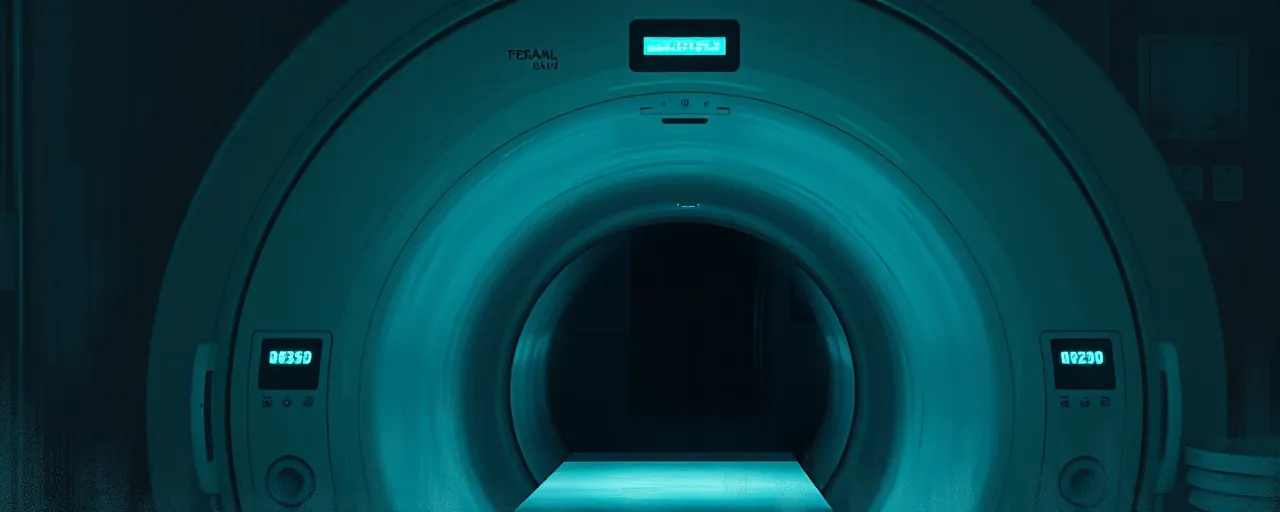A Betrayal of Trust
David Fuhrmann, a 60-year-old sales director from Port Jefferson, New York, stood in a Boston federal courtroom on April 2, 2025, and admitted to a crime that cuts to the heart of America’s healthcare crisis. His guilty plea to conspiring to violate the Anti-Kickback Statute wasn’t just a personal reckoning; it was a glaring spotlight on a system buckling under the weight of greed. For seven years, Fuhrmann and his accomplices orchestrated a scheme that paid doctors to order unnecessary brain scans, raking in fraudulent Medicare bills totaling $70.6 million. This wasn’t a glitch. It was a calculated assault on a program meant to protect the vulnerable.
The details are as infuriating as they are chilling. Fuhrmann, working with managers at a mobile diagnostics company, crafted sham rental and service agreements to disguise kickbacks as legitimate payments. Doctors got cash or checks based on how many transcranial doppler scans they ordered, not on medical need. Patients, many elderly and reliant on Medicare, were subjected to tests they didn’t require, all so a few could profit. This isn’t just fraud; it’s a betrayal of the trust Americans place in their healthcare system, a trust already fraying from decades of exploitation.
What’s at stake here goes beyond dollars. Medicare, a lifeline for millions, is hemorrhaging an estimated $60 billion annually to fraud, according to recent studies. Fuhrmann’s case is a stark reminder that when profiteers game the system, it’s not just taxpayers who suffer; it’s the patients left navigating a maze of unnecessary procedures, their health bartered for someone else’s bottom line.
The Human Cost of Corporate Greed
Let’s be clear: medically unnecessary procedures aren’t victimless crimes. When a doctor orders a brain scan to pad their bank account rather than to diagnose a real condition, patients face real risks. Studies from 2019 to 2021 show Medicare shelled out $2.4 billion for unwarranted coronary stents, with some hospitals overusing them in over half their cases. The parallels to Fuhrmann’s brain scan racket are unmistakable. These aren’t abstract numbers; they’re people, often elderly, subjected to invasive tests that carry physical and emotional tolls.
History backs this up with grim clarity. A Louisiana doctor’s unnecessary cardiac interventions harmed over 300 patients, leading to at least one death. In New York, a mobile diagnostics firm once billed for radiology studies never reviewed by qualified physicians, causing misdiagnoses that killed. Fuhrmann’s scheme fits this pattern, exploiting vulnerable patients under the guise of care. Advocates for patient safety have long warned that such practices erode the integrity of medicine, turning doctors into salespeople and patients into pawns.
The financial wreckage is staggering too. That $70.6 million drained from Medicare could have funded countless legitimate treatments, from cancer screenings to chronic disease management. Instead, it lined the pockets of conspirators who hid behind fake contracts. Supporters of robust healthcare oversight argue this is why we need stronger enforcement, not less. The Department of Justice’s $2 billion recovery in healthcare fraud settlements last year proves the fight’s worth waging, but it’s not enough when schemes like this keep surfacing.
Opponents might claim this is just a few bad actors, not a systemic flaw. They’re wrong. The recurrence of kickback scandals, from DaVita’s referral payments to Oak Street Health’s $60 million Medicare Advantage settlement, shows a pattern rooted in a profit-driven healthcare model. Deregulation enthusiasts argue market forces will self-correct; tell that to the patients stuck with unneeded scans while Medicare’s coffers run dry. The evidence screams for tighter rules, not a free-for-all.
Fuhrmann’s sentencing in July could bring up to five years in prison and a $250,000 fine. That’s a start, but it won’t undo the damage. What’s needed is a reckoning, a push to protect Medicare from those who see it as a piggy bank. Advocates for universal healthcare point to this as proof that profit motives clash with patient care, a tension that’s fueled calls for reform since the Anti-Kickback Statute’s inception in 1972.
A Call to Action
This scandal isn’t an outlier; it’s a symptom. Mobile diagnostics companies, with their decentralized reach, have become hotbeds for fraud, exploiting gaps in oversight to bilk Medicare. Fuhrmann’s case echoes Alpha Diagnostics’ false radiology claims and Cardiac Imaging Inc.’s inflated scan referrals. Federal agencies are cracking down, but the pace feels glacial when billions are lost yearly. Patient advocates and healthcare reformers argue for a dual approach: harsher penalties and smarter prevention, like beefed-up data analytics to catch fraud before it festers.
The fight’s personal for anyone who’s watched a loved one lean on Medicare. It’s about ensuring the system works for them, not against them. Fuhrmann’s guilty plea is a win, but it’s a drop in the bucket. The real victory lies in dismantling the incentives that let this happen, in building a healthcare system where care trumps cash. That starts with holding every player accountable, from sales directors to complicit doctors, and demanding a Medicare that serves patients, not profiteers.
